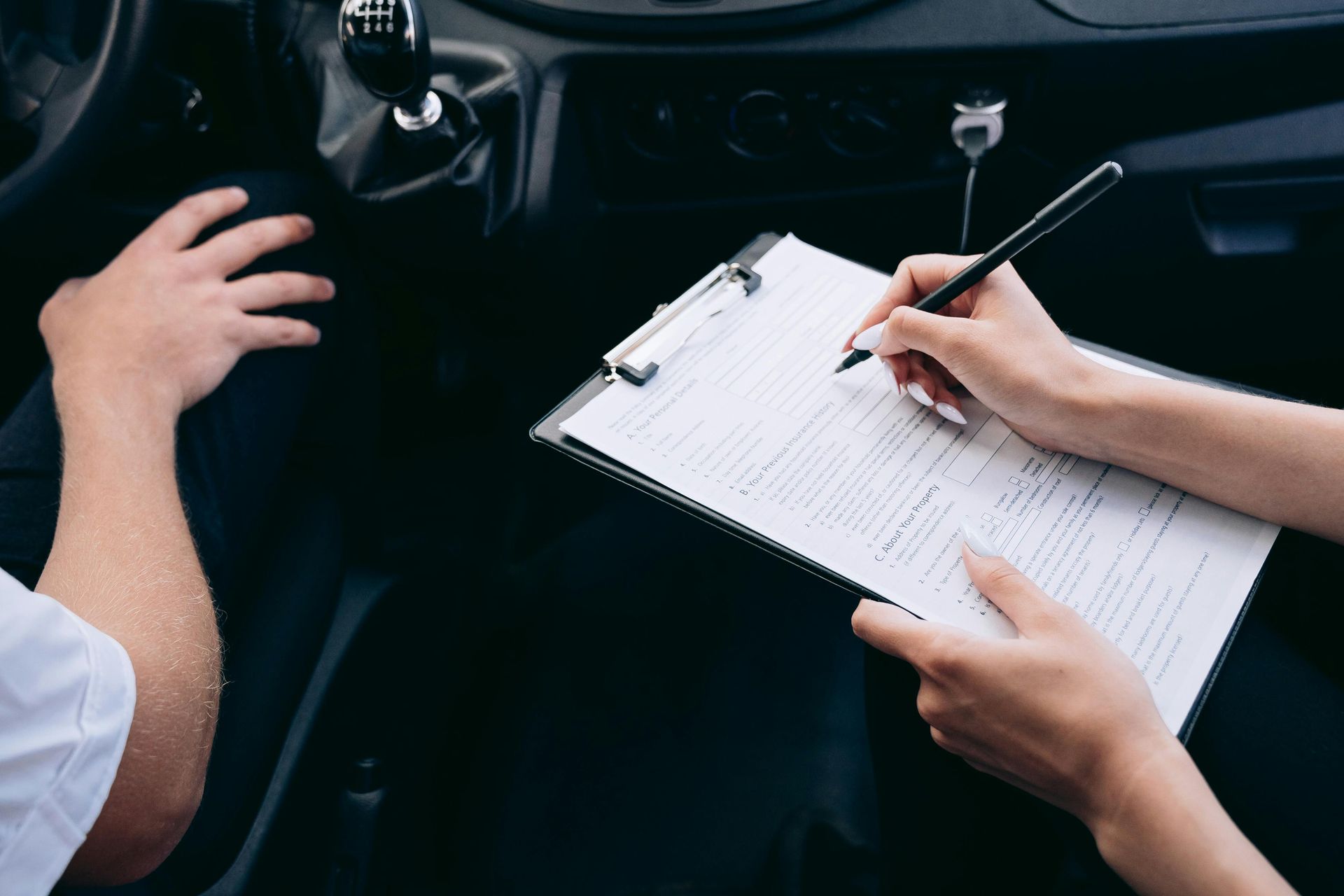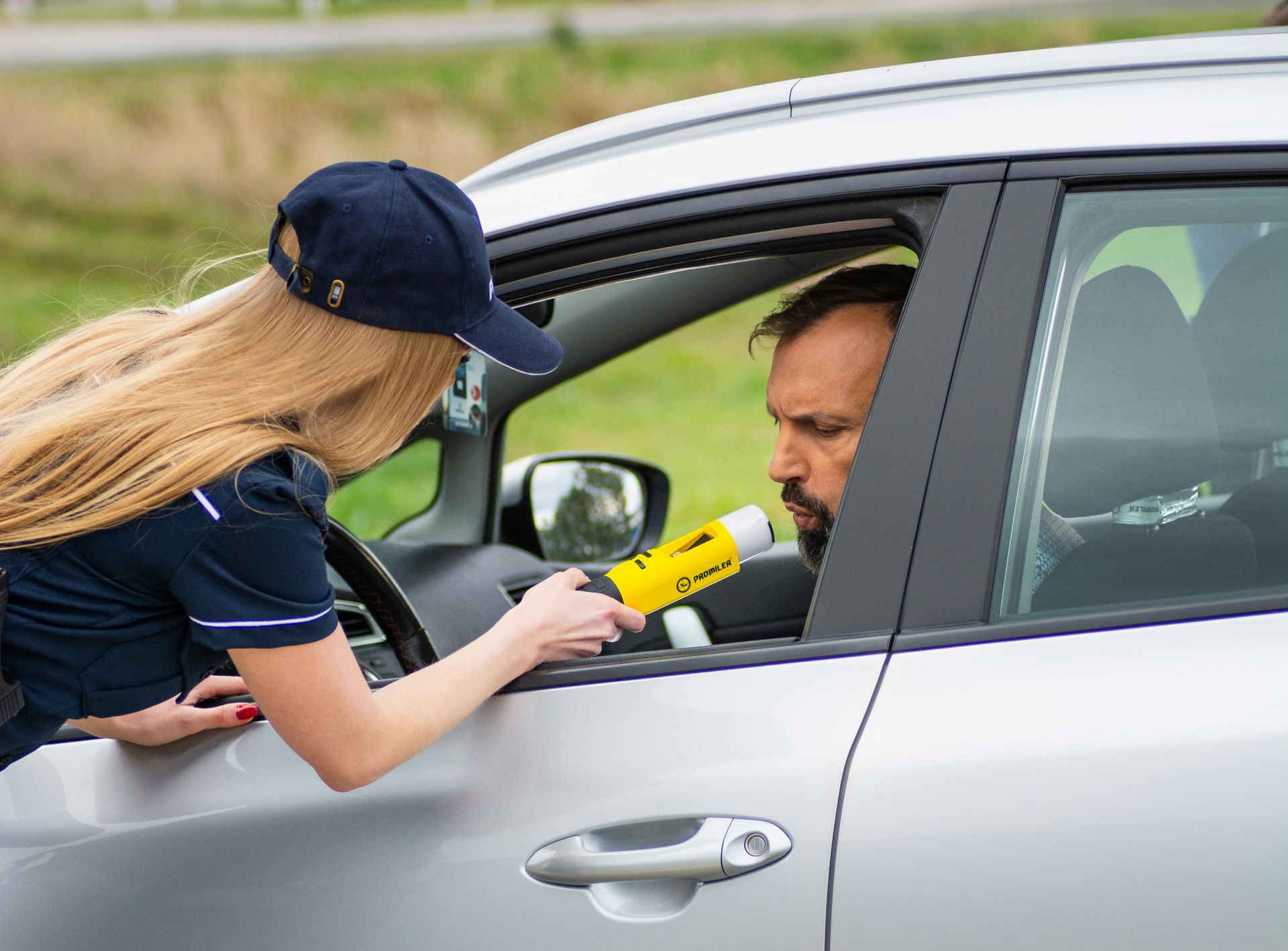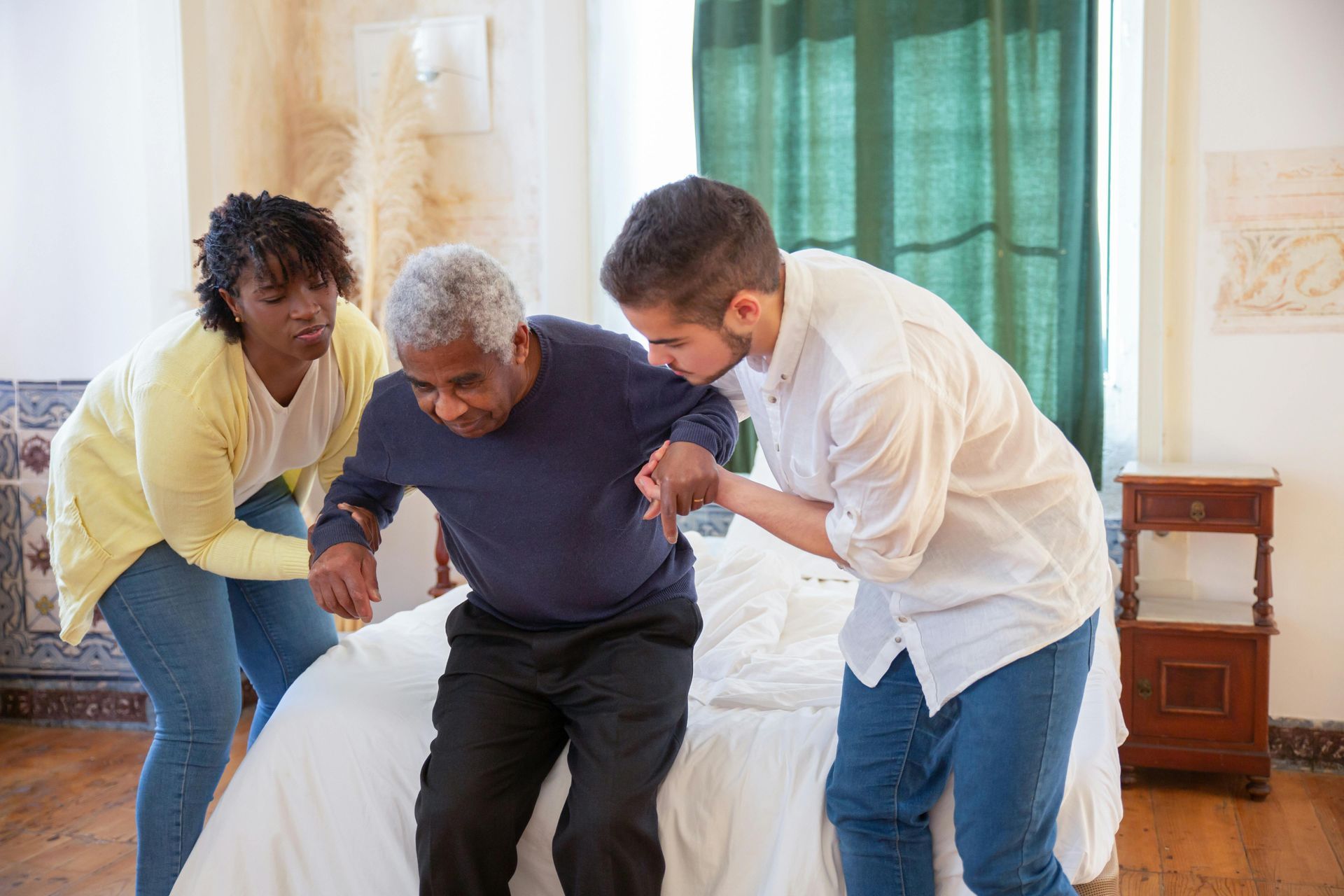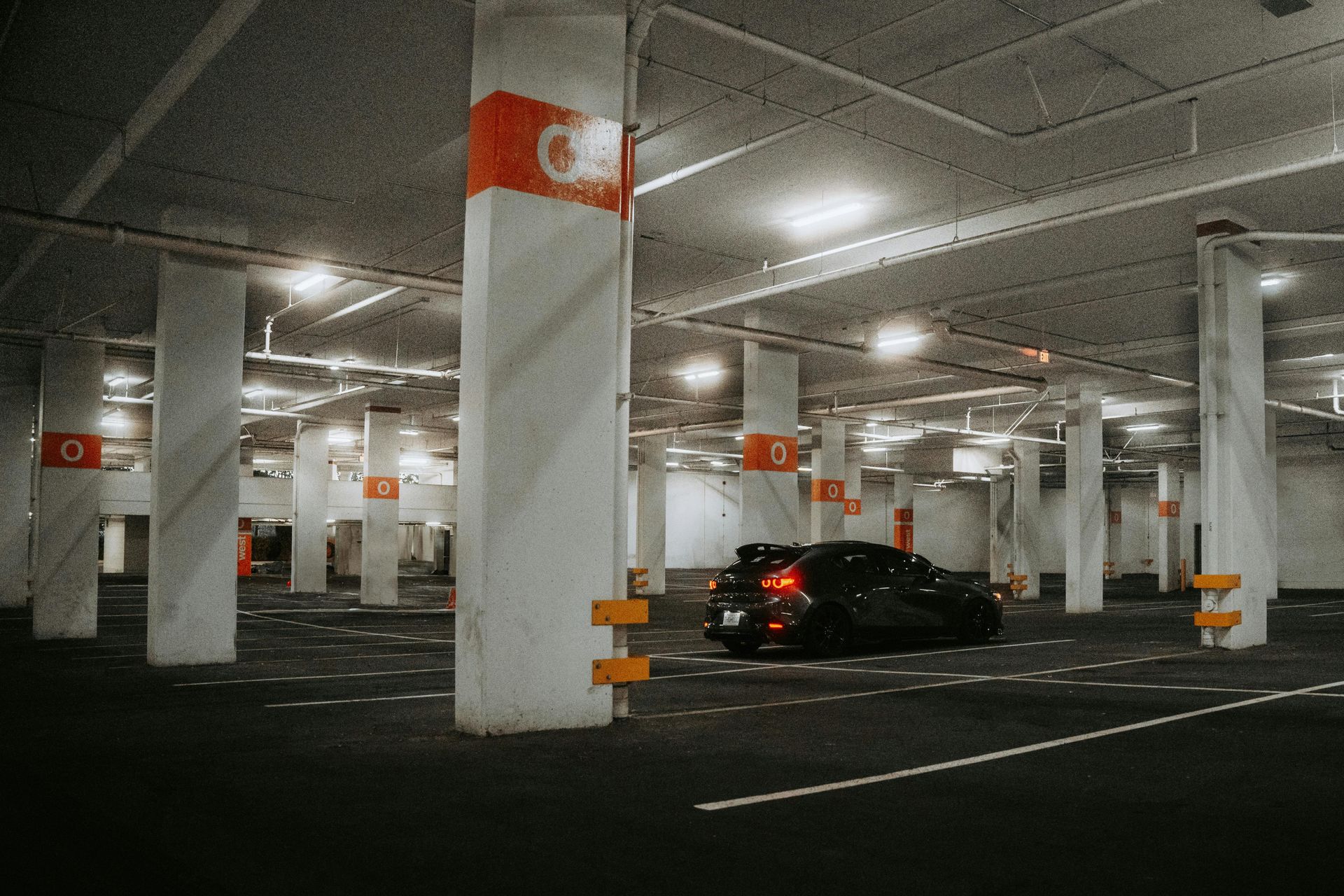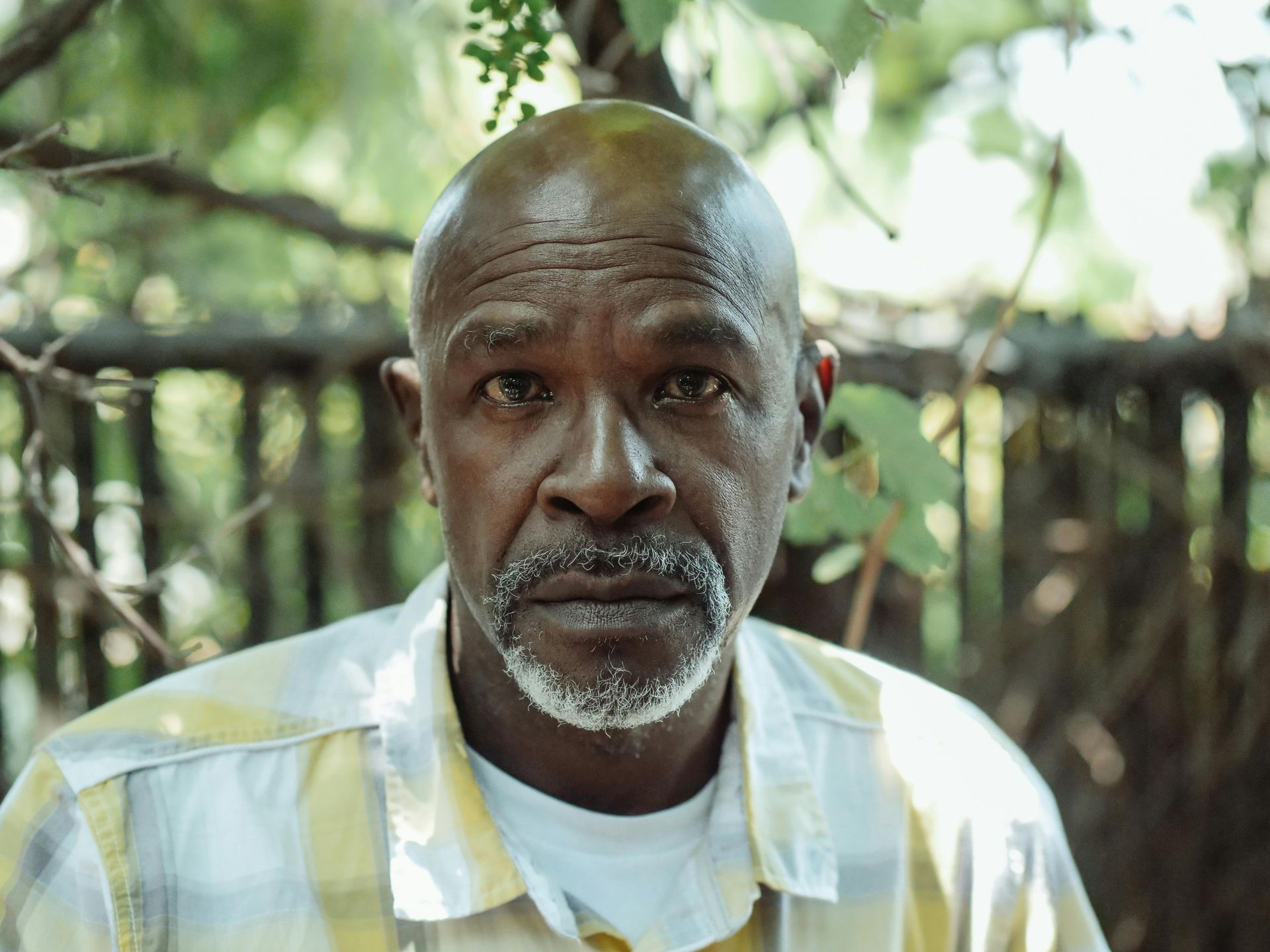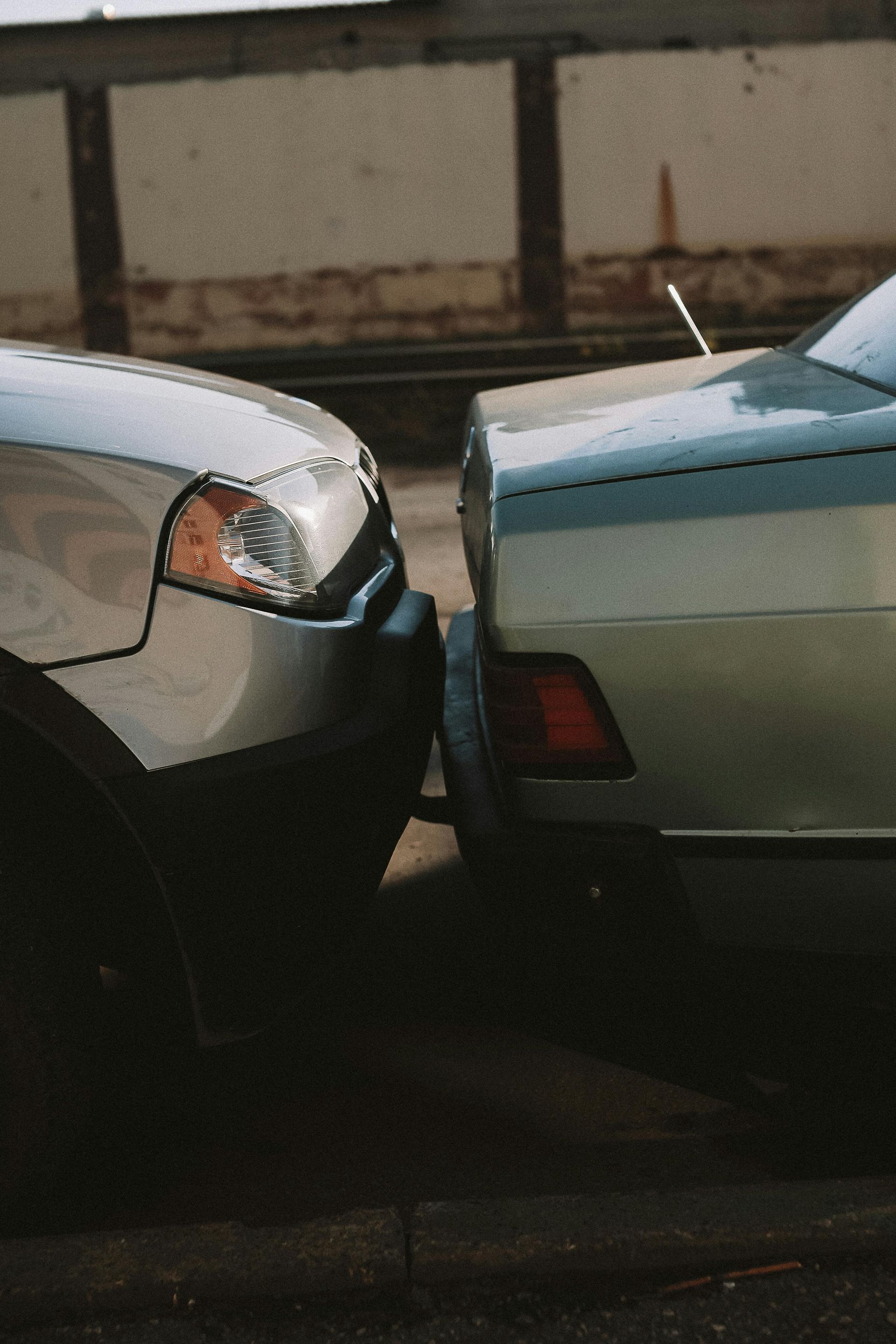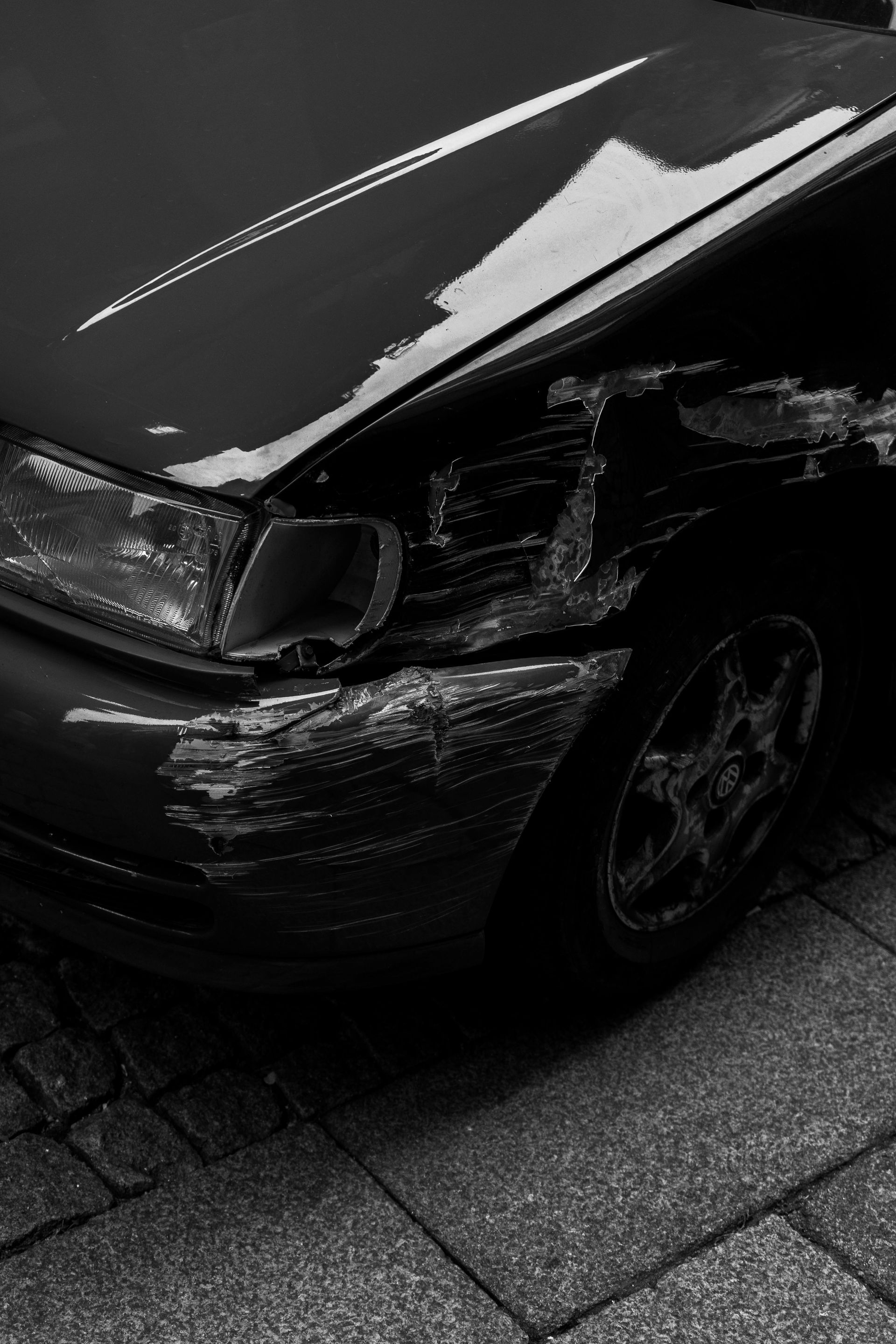Steps to Take After a Car Accident in Georgia: A Comprehensive Guide
Getting into a car accident is a traumatic and confusing experience, but what you do in the moments and days following the crash can significantly impact your health, your legal rights, and your ability to secure compensation for damages. In Georgia, a state that operates under an "at-fault" system, the driver responsible for the accident is held liable for the resulting costs. This means that if you are the victim of another driver’s negligence, you have the right to seek compensation for medical bills, lost wages, and pain and suffering. However, the process of making a successful claim is not always straightforward. This comprehensive guide will walk you through the crucial steps to take after a car accident in Georgia, from the immediate aftermath at the scene to navigating the legal and insurance processes. Taking these actions can help you build a strong case and protect your interests.
What to Do at the Accident Scene: Prioritizing Safety and Documentation
The first moments after a collision are often chaotic, but it is vital to remain calm and focused. Your first priority should always be the safety of yourself and others.
- Stop and Move to Safety: It is illegal to leave the scene of an accident in Georgia. If your vehicle is drivable, move it to the side of the road or a safe location to prevent further accidents and avoid obstructing traffic. Activate your hazard lights to alert other drivers.
- Check for Injuries and Call 911: Check yourself and any passengers for injuries. If anyone is injured or if there is significant property damage, call 911 immediately. In Georgia, you are legally required to report any accident that results in injury, death, or property damage exceeding $500. This is a very low threshold, meaning almost all accidents should be reported.
- Do Not Admit Fault: This is perhaps the most important piece of advice. Do not apologize, accept blame, or make any statements about the accident's cause, even if you think you were partially at fault. Your words can be used against you later by insurance companies or in court. Simply stick to the facts when speaking with police and other parties.
Gathering Crucial Information and Evidence
While at the scene, if you are not seriously injured, begin gathering as much information and evidence as you can. This is the foundation of your future claim.
- Exchange Information: You must legally exchange contact and insurance information with the other driver. Collect their full name, phone number, address, driver’s license number, and insurance company name and policy number. Take photos of their driver’s license and insurance card to ensure accuracy. Also, gather the make, model, year, and license plate number of their vehicle.
- Document the Scene: Your smartphone is your most powerful tool. Take pictures and videos of the entire scene from multiple angles. Document the damage to all vehicles, any skid marks, debris, traffic signs, and the overall road conditions. Take photos of your own visible injuries as well. This visual evidence can be incredibly persuasive.
- Identify and Speak with Witnesses: If there were any witnesses, get their full names and contact information. A third-party account can provide unbiased support for your version of events and is invaluable for your case.
- Get a Police Report: When the police arrive, they will create an official accident report. This report will include their assessment of the scene and a preliminary determination of fault. The police report is a critical document for your insurance claim and will be essential for any legal proceedings. Make sure to get the report number and the name of the responding officer.
After Leaving the Scene: The Medical and Legal Follow-Up
The work doesn't stop once you leave the accident scene. The actions you take in the days and weeks that follow are just as important.
- Seek Medical Attention Immediately: Even if you feel fine, see a doctor. Many serious injuries, such as whiplash, concussions, or internal bleeding, may not present symptoms for hours or even days after the crash. Seeking immediate medical care creates an official record that links your injuries directly to the accident, which is crucial for your personal injury claim. Insurance companies often question claims where there is a delay in medical treatment.
- Notify Your Insurance Company: Report the accident to your insurance provider as soon as possible. Be factual and do not speculate about fault. Simply provide the basic details you gathered at the scene. Do not agree to give a recorded statement to the other driver's insurance company without first consulting an attorney. Their goal is to get you to say something that could be used to devalue or deny your claim.
- Understand Georgia's "At-Fault" System: Georgia is a tort or "at-fault" state. This means the at-fault driver is financially responsible for the damages. You will file a claim with the at-fault driver's insurance company. Georgia also follows a
modified comparative negligence rule. This means you can recover damages as long as you are
less than 50% at fault for the accident. However, your total compensation will be reduced by your percentage of fault. For example, if your damages are $10,000 and you are found to be 20% at fault, you can only recover $8,000.
- Consult with a Georgia Car Accident Lawyer: This is a crucial step to protect your rights. An attorney can help you navigate the complex legal and insurance processes. They will conduct a thorough investigation, gather all necessary evidence (including police reports, medical records, and witness statements), and handle all communications with the insurance companies. They will also help you determine the full value of your claim, including pain and suffering, lost wages, and future medical expenses, to ensure you receive a fair settlement.
The Statute of Limitations: A Critical Deadline
Every state has a time limit, known as the Statute of Limitations, within which you must file a personal injury lawsuit. In Georgia, the statute of limitations for most car accident claims is two years from the date of the accident. If you do not file a lawsuit within this two-year window, you will likely lose your right to pursue compensation, regardless of the merits of your case. This is another reason to act quickly and seek legal counsel as soon as possible after a crash.
Conclusion
A car accident can be a life-altering event, but by following these steps, you can take control of the situation and protect yourself from both immediate and long-term consequences. From the moment the crash occurs, your actions—or inactions—can have a profound impact on your physical recovery and financial future. Prioritizing safety, meticulously documenting the scene, and seeking both medical and legal assistance are the three pillars of a successful path forward. Don't let the stress of the moment prevent you from taking the necessary steps to secure the compensation you deserve.
Daniel Crumby is one of Georgia's Most Trusted Criminal Defense, Personal Injury, Nursing Home Abuse, and Elder Neglect Lawyers. Book Your FREE Consultation Today to Get the Compensation and Representation You Deserve.

